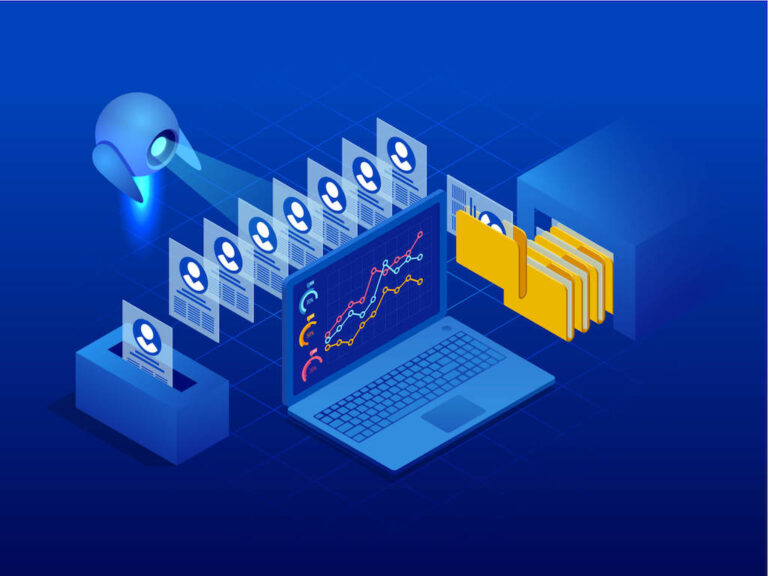Kaizen Workforce Solutions Discuss the use of Artificial Intelligence in Recruitment

The recruitment process is crucial for any business, and it is important to find the suitable candidates who can contribute to the success of the organisation. In recent years, the use of artificial intelligence (AI) in recruitment has become increasingly popular. While there are clear advantages to using AI in recruitment, there are also potential drawbacks to consider. Our experts at Kaizen Workforce Solutions have explored the advantages and disadvantages of using AI in the recruitment process. Here’s what they have to say.
Advantages of AI in Recruitment
- Efficiency: One of the main advantages of using AI in recruitment is the efficiency it brings to the process. AI can quickly sort through CVs, cover letters, and other applicant information, saving time and effort for recruiters.
- Objectivity: Another advantage of using AI in recruitment is that it can provide a more objective evaluation of candidates. AI can help to reduce discrimination and promote diversity and inclusion in the hiring process.
- Cost-Effective: AI can help to reduce recruitment costs by automating certain tasks, such as CV screening and scheduling interviews. This can be especially beneficial for small businesses or start-ups with limited resources.
- Improved Candidate Experience: AI can also improve the candidate experience by providing timely feedback and keeping candidates informed throughout the recruitment process. This can help to build a positive employer brand and attract top talent.
Disadvantages of AI in Recruitment
- Lack of Personal Touch: One of the main disadvantages of using AI in recruitment is the lack of personal touch. Candidates may feel like they are interacting with a machine rather than a human, which can lead to a negative candidate experience.
- Potential for Errors: While AI can be more efficient and objective than humans, it is not perfect. There is a risk of errors in the algorithms used for CV screening and candidate evaluation, which could lead to qualified candidates being overlooked or unsuitable candidates being selected.
- Limited Ability to Assess Soft Skills: AI is good at assessing hard skills, such as technical proficiency, but it may struggle to evaluate soft skills, such as communication and teamwork. These skills are often critical for success in a role, and their assessment may require human input.
- Privacy Concerns: AI relies on data to make decisions, and this data can be sensitive and personal. There is a risk of privacy breaches and discrimination if AI is not designed and implemented carefully.
In conclusion, the use of AI in recruitment can bring significant advantages in terms of efficiency, objectivity, and cost-effectiveness. However, it is important to also consider the potential disadvantages, such as the lack of personal touch, potential for errors, limited ability to assess soft skills, and privacy concerns. Ultimately, the decision to use AI in recruitment should be made based on the specific needs of the organisation and the role being recruited for, and with careful consideration of the potential benefits and drawbacks.
Talk to us at Kaizen Workforce Solutions for expert advice on Business Intelligence and allow us to empower your business for success!
Kaizen Workforce Solutions, 85-86 Grafton Street, Dublin 2
Phone |01 6729000
Email |info@kaizenworkforcesolutions.com

